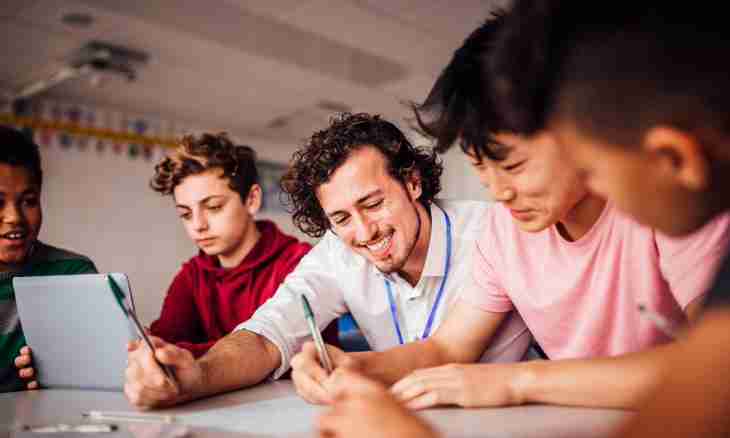Often parents want that their children grew up excellent students, leaders and all were in time everywhere. However excessive academic and physical activities can cause overfatigue and further failures in work of nervous system in the child. To avoid problems with children's health and training, it is necessary to plan carefully time of activity and rest of the child.
Before approaching planning of the children's mode, observe the child. Note time intervals of the greatest children's activity and passivity in a notebook.
Consider that the child gets home after school on recession of working capacity. Do not demand instant inclusion in work. Allot the first hour after the end of classes to passive rest: be engaged in relaksionny and emotional exercises for removal of tension.
For example, exercise of "Doll": the child is offered to represent Buratino – to strain all muscles, to make a body wooden and to stand for 5-10 seconds. Then to reincarnate in a rag doll - as much as possible to relax muscles and to become soft on a bed/sofa.
As emotional unloading use exercise "Mirror": the adult represents any emotion, and the child as a mirror repeats it.
Features of psychology of younger school students are that that decrease in intellectual working capacity at them occurs in 15-20 minutes after monotonous same work. At doing homework it is necessary to alternate types of educational activity: on performance of tasks on reading no more than 15 minutes have to be allotted, to the letter - no more than 10. In breaks between tasks arrange unloading five-minutes - for example, gymnastics for eyes or fingers.
Homework has to be carried out in favorable psychoemotional conditions. Previously air the room, switch off the TV - nothing has to distract the child from classes. If the child studies from the first change, the interval will be from 16-00 till 17-30 the most favorable time for performance of lessons. Morning hours before school are useful to the second change: from 10-00 till 11-30.
Switching from one type of activity to another should not be sharp. On average children have 6-8 years transition from one action to another takes 5 minutes to half an hour depending on specific features of children's nervous system. In advance warn the child that through a certain amount of time he has to begin to study lessons.
It is impossible to hurry the child at all, to criticize his mistakes or to start correcting them. Give to the school student time to attentively read and understand a task, and at the end to analyze correctness/abnormality of an algorithm of performance.
Some parents load the child with extracurricular studies (circles, sections, etc.). For younger school students (7-10 years) the psychologists advise to choose no more than one auxiliary view of activity lasting 45-60 minutes. It is desirable that between school and section there was a period of time (about 2 hours) for rest.
As at school the physical activity of children is minimum, it is necessary to fill balance of the house or on section. Swimming, walks by bicycle, etc. will be excellent addition.
Important component of any children's mode - a healthy sleep. Mistakenly after kindergarten to disaccustom the child to sleep in the afternoon. The daytime after-dinner sleep fills up power stocks of a children's organism and takes off fatigue. Evening withdrawal for sleeping has to be no later than 22-00 hours. In 1.5 hours prior to a dream it is necessary to exclude active types of activity and meal.

